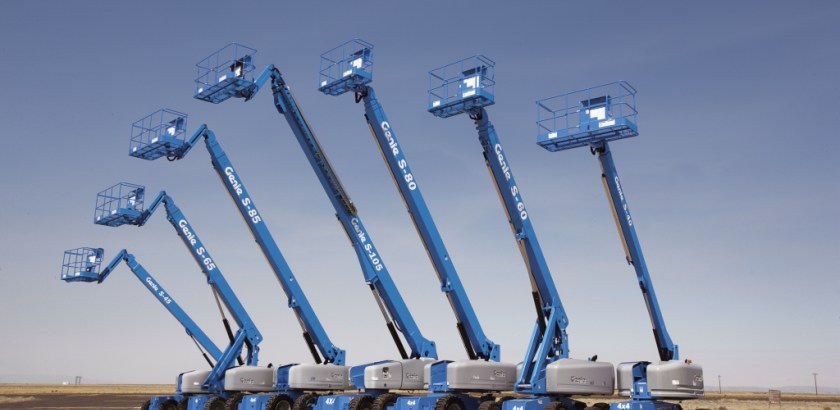Why Inventory Management is Important in Rental Fleets
by Genie On May 12, 2016, 18:00 PM
Subscribe To Aerial Pros
Filter by tags
Over the last 10 years, our rental customers have become extremely more proficient in the tracking of rental fleets by machine — revenue generated, rental rates, time of utilization, maintenance/repair costs, interest costs, downtime, warranty costs/issues, depreciation and resale prices. This gives your fleet manager the ability to determine not only the profitability of a particular machine or machine model. It also gives your fleet managers the ability to determine the optimal point for a machine to be disposed of, in order to minimize the total cost of ownership and maximize the total return.
With this information, you have all the information and knowledge you need to effectively manage your company’s largest asset — your rental equipment fleet. Because your fleet can represent as much as 80 percent of your company’s total assets, you need to know what equipment is providing the best return on investment, what the size and mix of you fleet should be, how long to keep each piece of equipment and when it is time to replace a machine.
Based on the knowledge you have about your fleet and its performance, you can then establish parameters for managing your equipment inventory — depreciation, disposition timing and strategy, maintenance scheduling, setting target rental rates and replacement strategy (when to replace equipment, purchase new or used, refurbish and the method of financing).
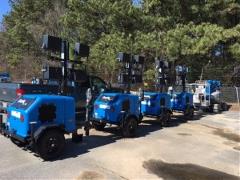 After determining the basic parameters for your rental fleet based on the equipment data, the parameters then might need to be further modified/adjusted depending on the answers to the following questions:
After determining the basic parameters for your rental fleet based on the equipment data, the parameters then might need to be further modified/adjusted depending on the answers to the following questions:
- What is your rental company’s fleet image standard?
- Does your rental company want to have a state-of-the-art fleet?
- Are you aggressive or conservative on taking equipment residual value risk?
- Do you have a highly-skilled, proficient service team?
- Do you have limitations on capital expenditures?
- Do you have access to financing — enough capacity and the appropriate financing structures?
- What is the target for return on investment for your rental fleet?
In addition to these factors, you will usually also consider what’s going on in the economy:
- How is you local market doing?
- What’s going on in the economy, in general?
- What are interest rates doing?
- What is the availability of financing?
- How is your competition performing?
One additional factor can dramatically impact the cash flow, and thus, the profitability of a rental company: An income tax issue called the Alternative Minimum Tax (AMT). AMT is a tax calculation, put in place in the 1980’s, that ensures every business pays at least some taxes. Companies that have a lot of depreciation, such as your rental company, can get in an AMT position fairly easily, with an end result of paying taxes earlier than you would normally have to — this lowers your cash, which results in higher borrowing and higher interest expense, thus lowering net profits. You should check with your accountant to see if you are in an AMT situation, or could be in one in the future, and get advice on what actions can be taken to avoid this, i.e. acquiring rental fleet via an operating lease.
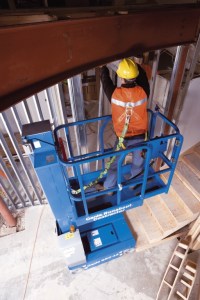 Once you have established the parameters for your fleet, the key to successful inventory management is to constantly monitor the equipment performance and make changes to the parameters as needed based on the initiatives of the company, changes in the competitive environment and changes/shifts in the marketplace and economy.
Once you have established the parameters for your fleet, the key to successful inventory management is to constantly monitor the equipment performance and make changes to the parameters as needed based on the initiatives of the company, changes in the competitive environment and changes/shifts in the marketplace and economy.
What is the best way for your rental company to develop a system for tracking/monitoring your rental fleet? Software packages developed for this type of application, and specifically for the rental market, are available for you to purchase. Many rental companies in the industry have developed their own system, customized to their rental company’s needs, measurements and measurement parameters, which may also be an option for you. The key is to buy or develop a system that comes as close as possible to aligning with your rental company’s unique business needs.
Related Posts
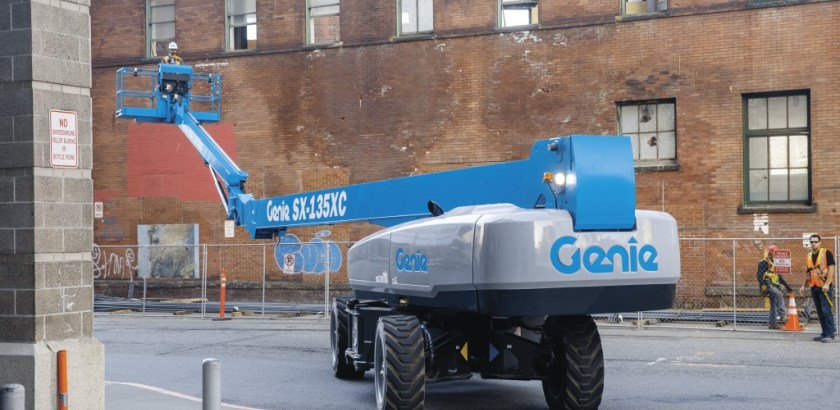
Social Media Basics for the Rental Industry
Whether your rental company currently has a social media effort or just getting one started, there is a huge amount of information available on the Internet about everything you supposedly should be doing.
Continue Reading

How Content Can Grow Your Rental Business
Ten years ago, social media was not seen as a medium by which to conduct business.
Continue Reading
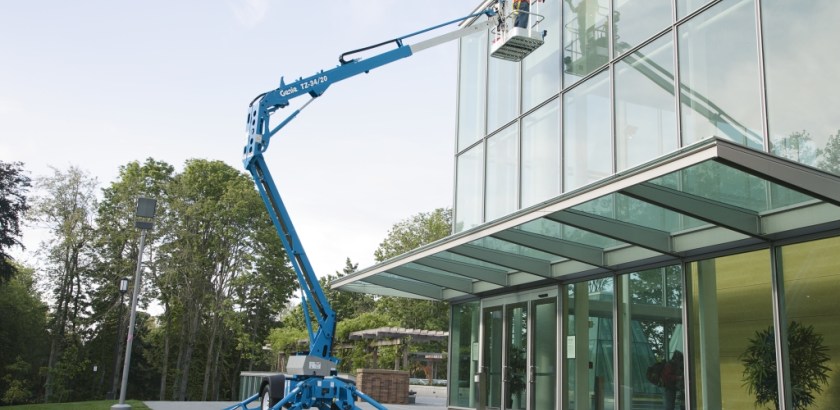
Trailer-Mounted Booms Are Staples in Rental Fleets
Trailer-mounted booms have become a staple in rental fleets of all sizes.
Continue Reading


